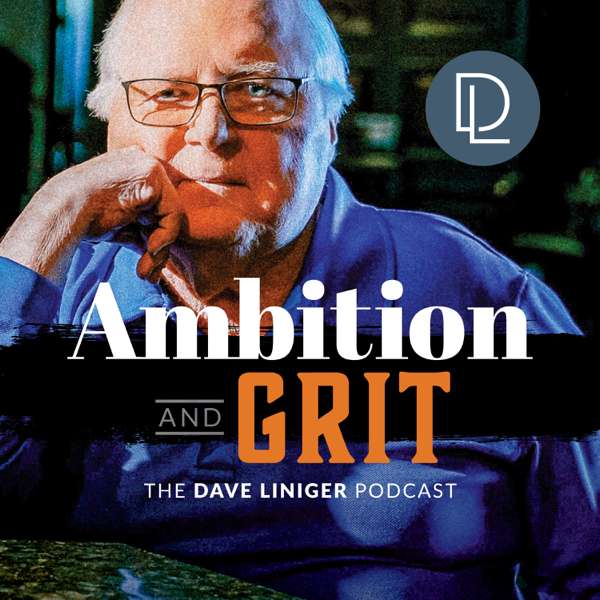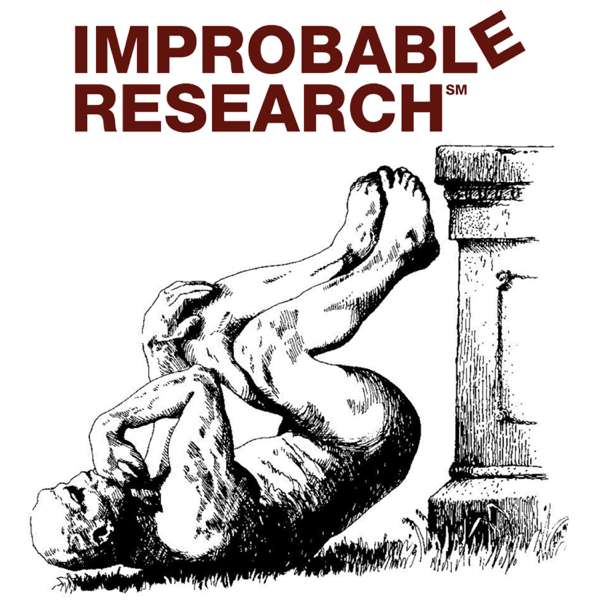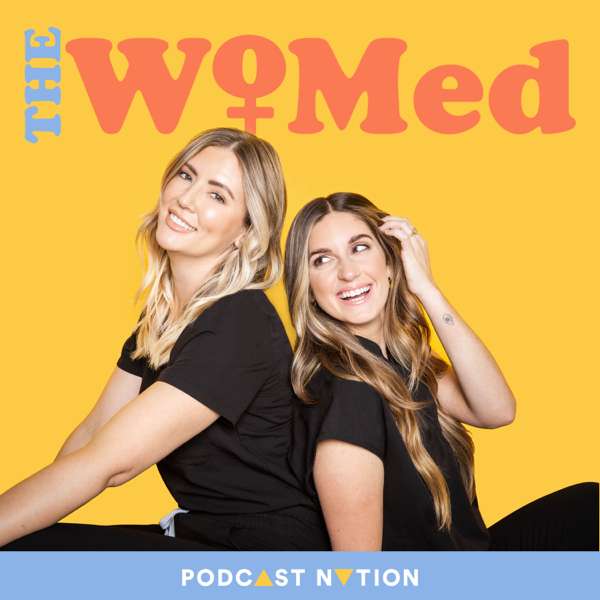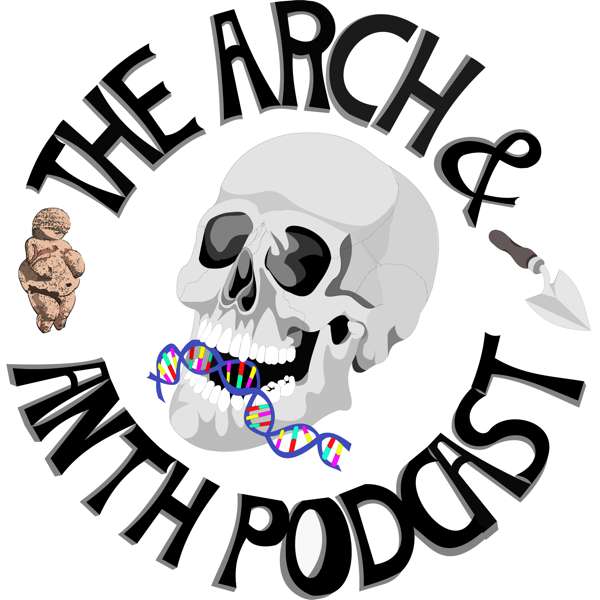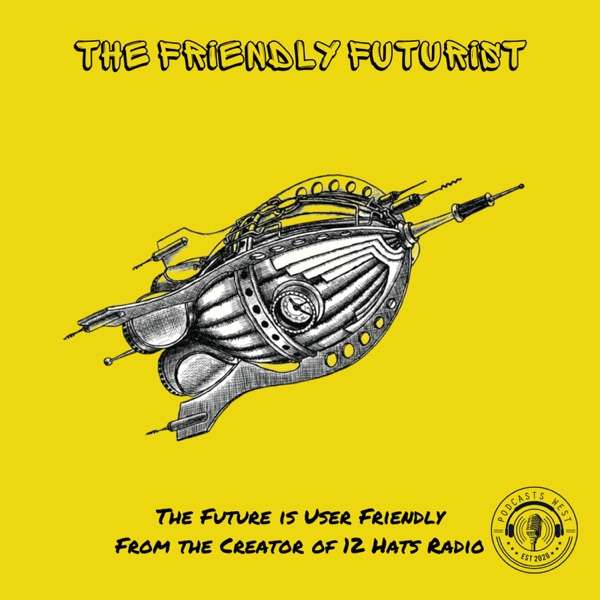Two-thirds of those diagnosed with Alzheimer’s disease are women — but why?
In this episode, we unpack the neurological, hormonal, and social drivers that uniquely affect women's brain health during the menopausal transition — from estrogen’s protective role in the brain to the misunderstood history of hormone replacement therapy.
We discuss:
• Why women face a higher risk of Alzheimer’s than men
• How menopause accelerates brain aging (and how it starts earlier than is often expected)
• The role of estrogen in brain metabolism and neuroprotection
• The real story behind hormone replacement therapy (HRT)
• The impact of genes like APOE4 on women’s brain health
• How lifestyle factors like stress, sleep, and cognitive activity can help reduce the impact of neurological changes onset by menopause
———
Get our free curation of women’s brain health resources in our Brain Box: http://thebraindocs.com/brainbox
———
To help us tell this story, we welcome three world-renowned women’s health experts to the podcast:
DR. LISA MOSCONI: Director of the Women's Brain Initiative, author of ‘The Menopause Brain’, and pioneering researcher in brain imaging and hormonal neuroscience.
MARIA SHRIVER: Founder of the Women’s Alzheimer’s Movement, journalist, and relentless advocate for gender equity in brain health research.
DR. LISA GENOVA: Neuroscientist and bestselling author of ‘Still Alice’, which was adapted into a film starring Julianne Moore, who won the 2015 Best Actress Oscar for her role as Alice Howland.
This is... Your Brain On Menopause.
‘Your Brain On’ is hosted by neurologists, scientists and public health advocates Ayesha and Dean Sherzai.
‘Your Brain On... Menopause’ • SEASON 5 • EPISODE 1
———
Our free Women’s Brain Health Brain Box includes:
• Guides on how to speak with healthcare providers about menopause
• Delicious brain-healthy Mother’s Day brunch recipes
• Meaningful gift ideas for the women you love
• Inspiring interviews with world-leading women’s health experts
• And even a chance to check your cognitive health with an insightful, science-backed test
Get the Brain Box for free! Here: http://thebraindocs.com/brainbox
———
References:
Mosconi, L. (2017). Perimenopause and emergence of an Alzheimer's bioenergetic phenotype in brain and periphery. PloS One, 12(10), e0185926.
Belloy, M. E. & Alzheimer's Disease Neuroimaging Initiative. (2019). A quarter century of APOE and Alzheimer's disease: Progress to date and the path forward. Neuron, 101(5), 820-838.
Rahman, A. (2019). Sex and gender driven modifiers of Alzheimer's: The role for estrogenic control across age, race, medical, and lifestyle risks. Frontiers in Aging Neuroscience, 11, 315.
Rocca, W. A. (2012). Hysterectomy, oophorectomy, estrogen, and the risk of dementia. Neurodegenerative Diseases, 10(1-4), 175-178.
Scheyer, O. (2018). Female sex and Alzheimer's risk: The menopause connection. Journal of Prevention of Alzheimer's Disease, 5(4), 225-230.
Women's Health Initiative Memory Study Investigators. (2003). Estrogen plus progestin and the incidence of dementia and mild cognitive impairment in postmenopausal women: The Women's Health Initiative Memory Study—a randomized controlled trial. JAMA, 289(20), 2651–2662.
Women's Health Initiative Investigators. (2002). Risks and benefits of estrogen plus progestin in healthy postmenopausal women: Principal results from the Women's Health Initiative randomized controlled trial. JAMA, 288(3), 321-333.
Whitmer, R. A. (2005). Midlife cardiovascular risk factors and risk of dementia in late life. Neurology, 64(2), 277-281.
Livingston, G. (2024). Dementia prevention, intervention, and care: 2024 report of the Lancet standing Commission. The Lancet, 404(10452), 572-628.
Maki, P. M. (2016). Hormone therapy, dementia, and cognition: The Women's Health Initiative 10 years on. Climacteric, 19(3), 313-315.

 Our TOPPODCAST Picks
Our TOPPODCAST Picks  Stay Connected
Stay Connected


